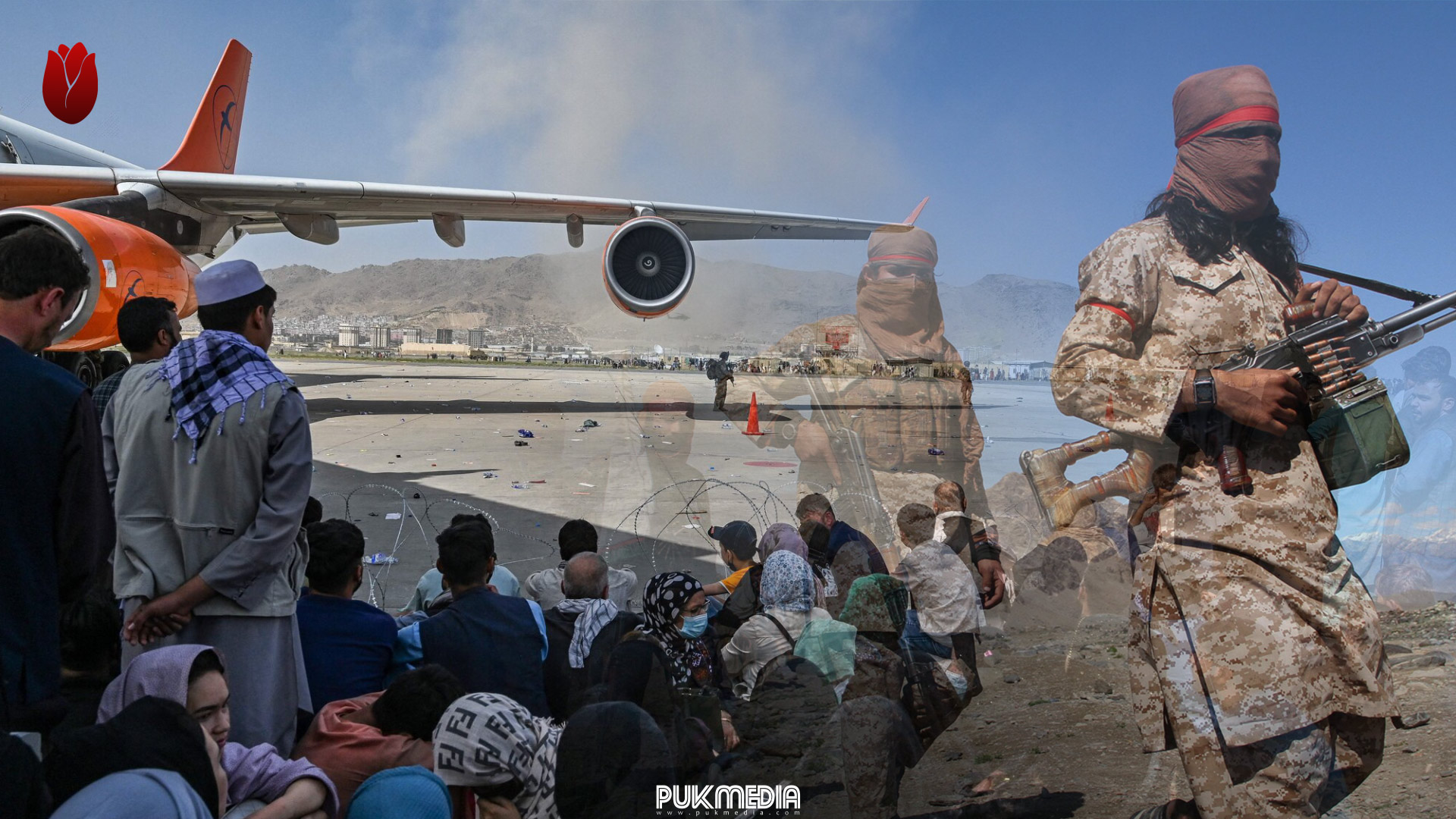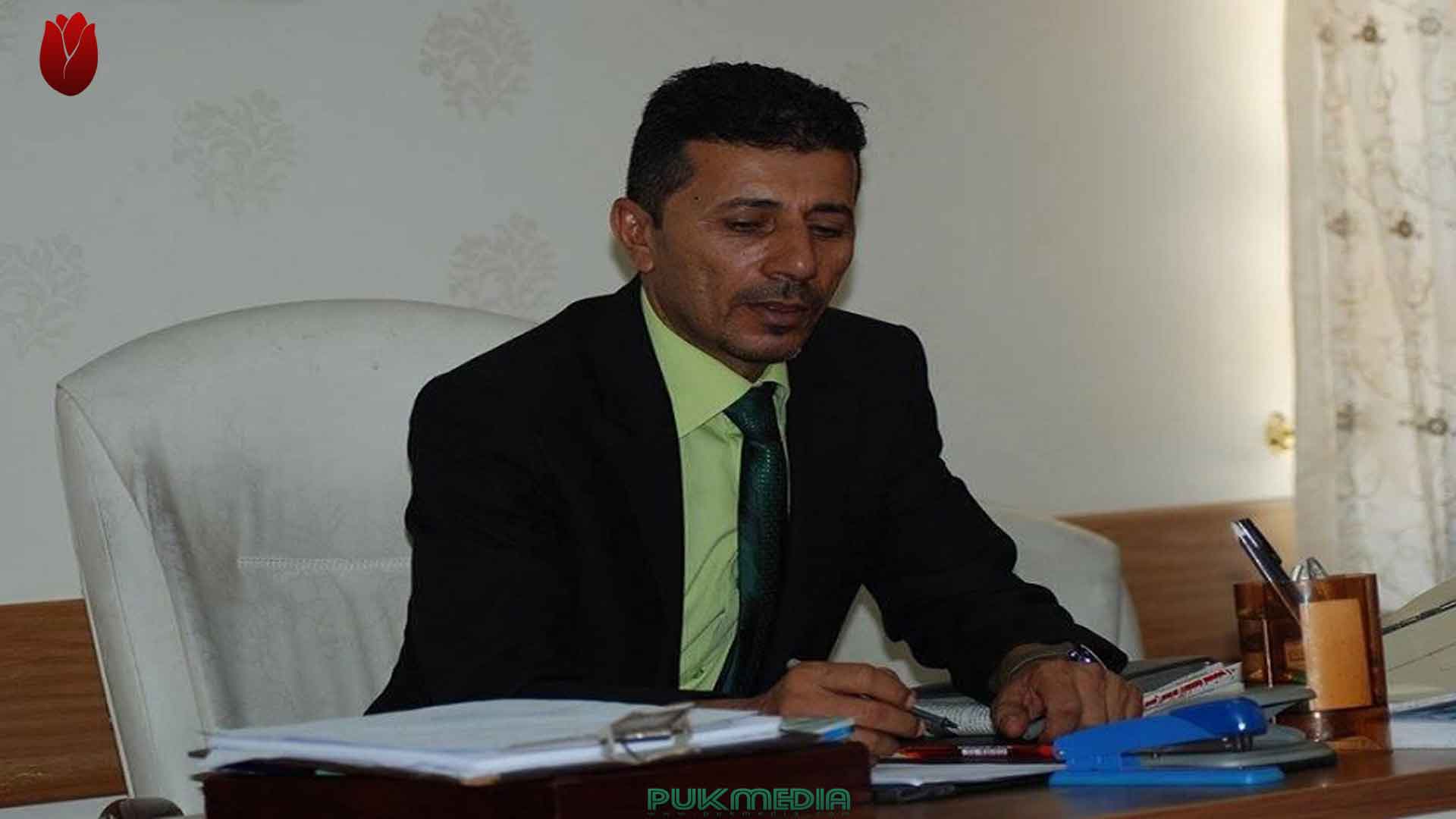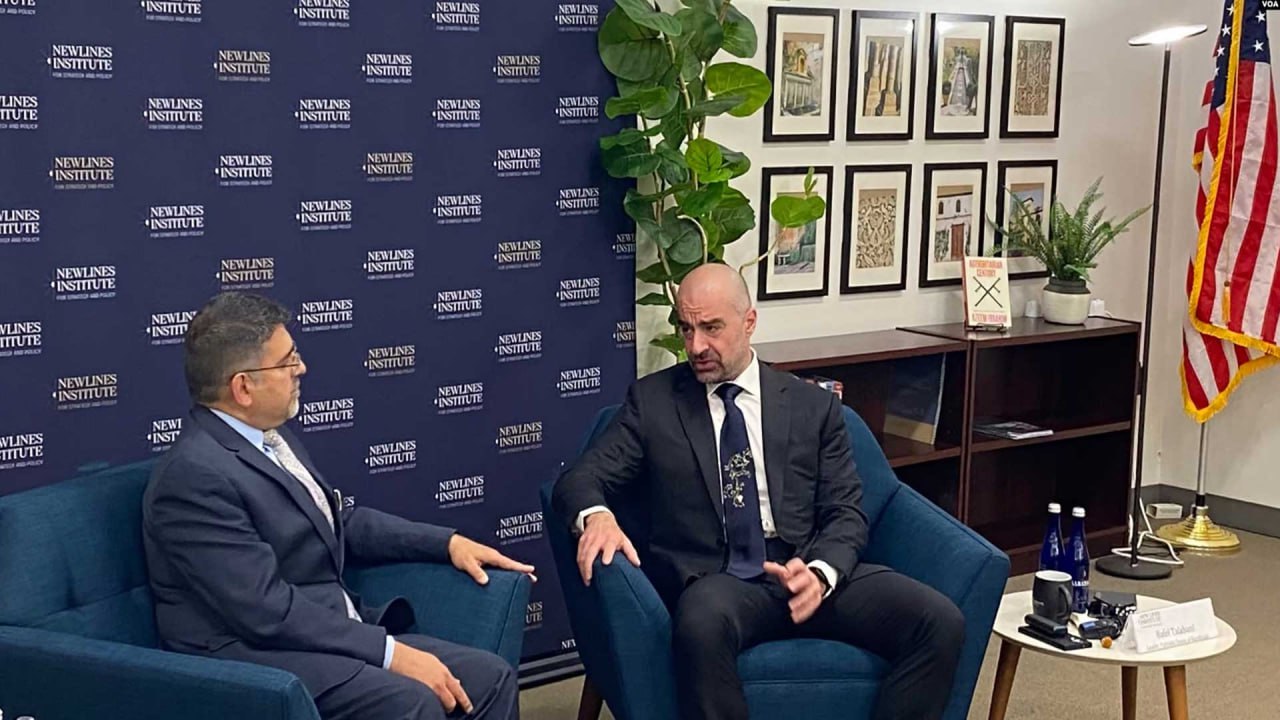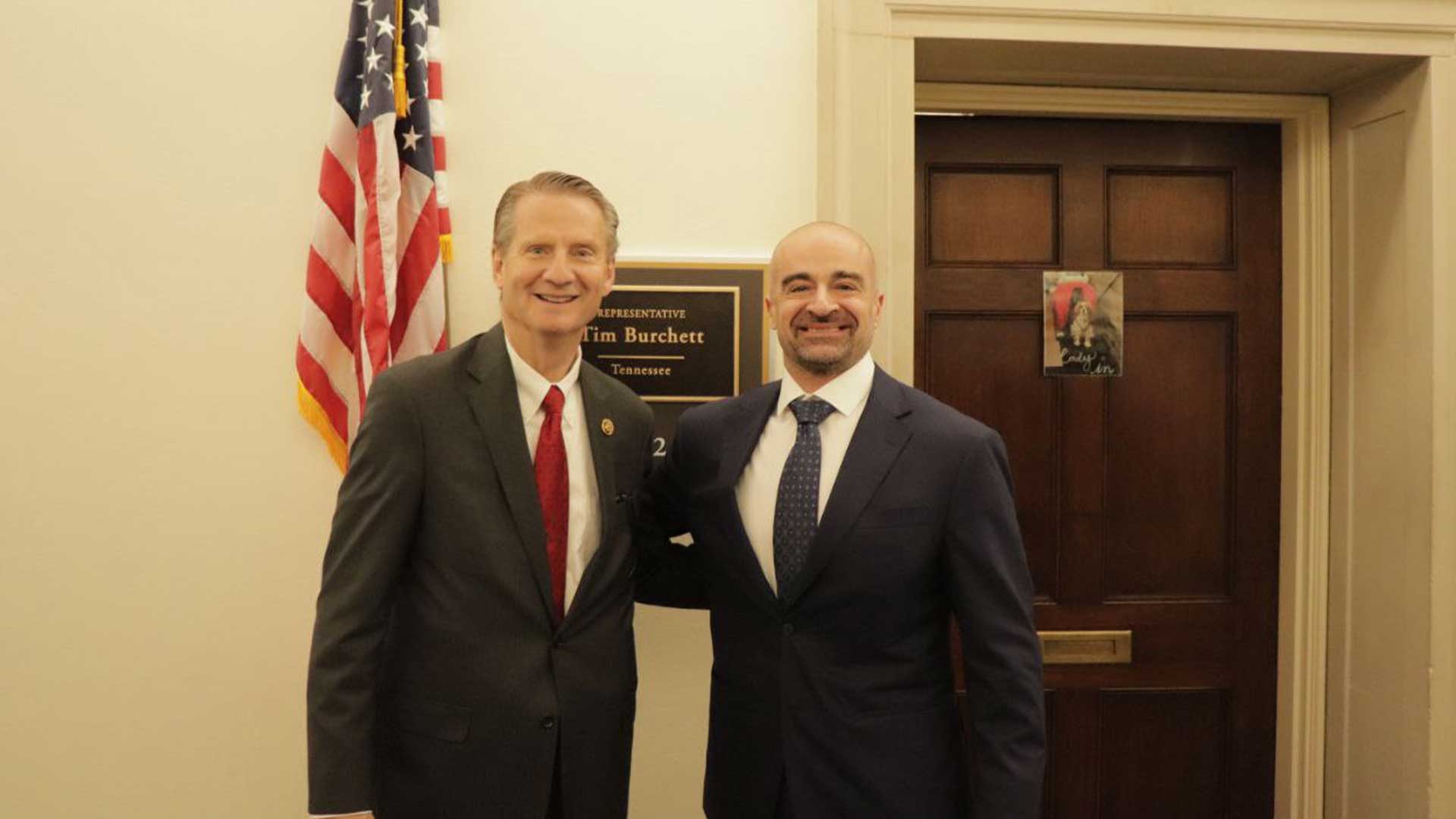Is Iraq heading towards a repeated Afghan scenario?
Iraq 12:02 PM - 2021-08-17
The Taliban's take over of Afghanistan has raised concerns in Iraq as the country is in the process of complete U.S. withdrawal which prompt the public to fear the reoccurrence of the same scenario in the country.
Observers and analysts also suggest that terrorist organizations will revive in the Middle East following the Taliban's takeover believing that what happened suits the US Democratic Party's policy in dealing with crises.
On Sunday, the Taliban announced its control of all the lands of Afghanistan, including the capital, Kabul declaring that war has ended and that the form of government and order in the country would soon become clear. read more
Kissinger: Only Interests
U.S. has a history of criticism for leaving friends which is shown in many examples such as the former U.S. administration's decision to withdraw from part of Syria which gave the green light to Turkey to seize many areas that were under the control of the Kurdish Syrian Democratic Force (SDF) and there is also the Biden administration's withdrawal from Iraq which resulted in the resurgence of the Islamic State (ISIS) in the country.
However, the case is not always what it seems on the outside as comparisons between the Taliban's militants and the Afghan army reveal that the Taliban has 80,000 fighters, while the Afghan army has 300,699 alleged soldiers who serve the Afghan government but despite that, the military commanders surrendered without a fight and within a few hours only.
So what really happened in Afghanistan? Will the same scenario reoccur in Iraq?
To answer this question we should shed light on the famous quote of the American history professor, Henry Kissinger, which says: “America has no permanent friends or enemies, only interests.”

Political analyst Wathiq Al-Jabri explained the nature of American behavior to PUKmedia, pointing out that "the U.S. does not like weak friends but rather strong enemies."
"The Afghans are ready to accept the Taliban as it was in power with ideological roots within the society, in addition to that, the abandonment of the U.S. has unveiled many governments, as happened in Tunisia," Al-Jabri said.
Al-Jabri pointed out the U.S. has spent millions of dollars on training and preparing the governments in Afghanistan to achieve a peaceful exchange of power in the country, but what happened was a delivering and handing over case, signaling that this change may have begun in the region to pressure Afghanistan's neighboring countries, Iran, China, and Russia.
Furthermore, Al-Jabri also revealed that there are some groups that are essentially affiliated with the Taliban but are trying to convince the international community that their return to power was based on a political agreement.
He also rules out the repetition of the same scenario in Iraq, believing that reason behind this is that "the environment rejects it as the Kurds reject it, Sunnis and Shiites, and everyone rejects extremism."
"What happened in Afghanistan is a wake-up call. Although there is no division in Iraq to push the country to collapse, but it is necessary to reconsider work, services, and demands of the demonstrators," he said.

Corruption eating away the system
Political analyst Ali Al-Baydar believes that the events of Afghanistan are the result of long-standing corruption within state institutions which led to the emergence of groups opposing the government.
"The popular discontent in Afghanistan is not new and has emerged years ago which was a reason for the rise and expansion of opposition groups as human rights were clearly and consistently violated by security agencies, corruption entered the security system and ate away the system and led to the emergence of the Emir of war," Al-Baydar told PUKmedia.
However, Al-Baydar also ruled out the repetition of the same scenario in Iraq, pointing out that" Iraq may witness a scenario similar to the ones in Libya and Yemen if armed groups took control of the state," stressing the need not to be pessimistic.

U.S. to open a new front
Security analyst Ahmed Al-Khidr believes that the events in Kabul suit the U.S. Democrats' administration which is different from how the Republicans manage the global crisis.
"What is happening in Kabul suits the administration of the U.S. Democratic Party, as they differ from the Republicans in managing global crises," Al-Khidr told PUKmedia
"There is no American defeat in Afghanistan, but rather opening a new front against Iran regarding the nuclear agreement and interference in the Middle East, as well as a pressure card on China, because Afghanistan is an important part of the Silk Road initiative," he added.
He also asserts that the Middle East is on the verge of a new phase with the revival of terrorist organizations that will benefit from the Taliban movement, ruling out a repetition of the Afghan scenario in Iraq.

Cross-border projects and tensions with the international community
The change in US calculations in the Middle East has allowed the Taliban movement to lead Afghanistan again, so how will the international community deal with the new movement, and will the Taliban establish cross-border projects that pose threats to neighboring countries again?
Security analyst Ghanem Al-Aifan rules out any cross-border activities at this stage as the Taliban is in efforts to regain international acceptance.
"The Taliban movement does not need fighters from outside Afghanistan," Al-Aifan told PUKmedia.
"The Taliban does not want any tension with the international community at this stage as the latest developments increase the process of confusion and instability," he added.
Edited by Hiran
PUKmedia
More news
-
DPM Talabani: I Appreciate Spanish Ambassador’s Efforts in Improving Relations Between Both Countries
06:32 PM - 2024-05-08 -
Two Emirs, 6 Terrorists Arrested by Kurdish Security Forces
09:40 PM - 2024-05-06 -
DPM Talabani: Kurdistan Has a Skilled Workforce
07:00 PM - 2024-05-06 -
PUK President Arrives in Washington
06:46 PM - 2024-05-06
see more
PUK President: We Maintain Our Relations For the Sake of National Interests
03:42 PM - 2024-05-09
PUK President: PUK is Committed to Resolving Issues
06:48 PM - 2024-05-08
PUK President: We Emphasize the Necessity of Holding Timely Elections
03:29 PM - 2024-05-08
The PUK Appeals the Council of Commissioners' Decision
02:26 PM - 2024-05-08
Most read
-
DPM Talabani: I Appreciate Spanish Ambassador’s Efforts in Improving Relations Between Both Countries
Kurdistan 06:32 PM - 2024-05-08 -
PUK President: PUK is Committed to Resolving Issues
P.U.K 06:48 PM - 2024-05-08 -
PUK President: We Maintain Our Relations For the Sake of National Interests
P.U.K 03:42 PM - 2024-05-09 -
Washington's Newlines Institute Interviews PUK President
Interviews 05:40 PM - 2024-05-09






 Application
Application


